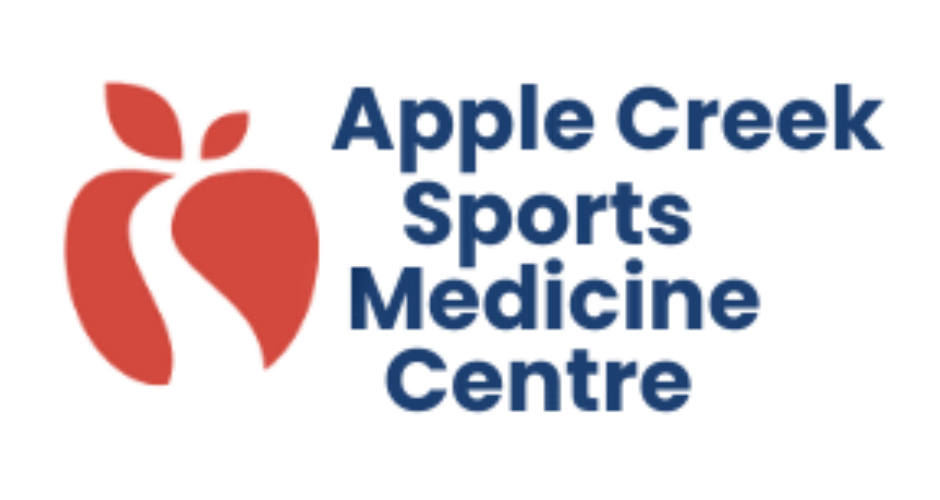
Hydration for Athletes: How to Stay at Peak Performance
Nejin Chacko, Physiotherapist
As a Physiotherapist, I often stress the importance of proper hydration for athletic performance, recovery, and overall health. Dehydration can significantly impact endurance, strength, and cognitive function, increasing the risk of fatigue and injury. Understanding how to stay properly hydrated can help athletes perform at their best and recover efficiently.

1. Why Hydration Matters for Athletes
Water plays a crucial role in various physiological functions, including:
– Regulating body temperature through sweat and evaporation.
– Maintaining joint lubrication to reduce stiffness and prevent injuries.
– Transporting nutrients and oxygen to muscles for optimal performance.
– Preventing muscle cramps and fatigue by balancing electrolytes.
2. Signs of Dehydration
Recognizing dehydration early can help prevent declines in performance. Watch for:
– Dry mouth and excessive thirst
– Dark yellow urine
– Dizziness or headaches
– Muscle cramps or weakness
– Reduced endurance and increased fatigue
3. How Much Water Do Athletes Need?
Hydration needs vary based on individual factors such as body weight, intensity of activity, and environmental conditions. – — General guidelines include:
– Before exercise: Drink 500-600 mL (17-20 oz) of water 2-3 hours before activity.
– During exercise: Consume 200-300 mL (7-10 oz) every 15-20 minutes.
– After exercise: Rehydrate with 1.5 times the fluid lost during activity (monitor weight loss for estimation).
4. Electrolytes and Sports Drinks: When Are They Needed?
For prolonged or intense exercise, replenishing electrolytes like sodium, potassium, and magnesium is essential.
– Use sports drinks for activities lasting over 60 minutes or in hot environments.
– Opt for natural electrolyte sources like coconut water, bananas, and salted nuts when possible.
– Avoid excessive sugar and artificial additives found in many commercial sports drinks.
5. Hydration Strategies for Athletes
– Develop a hydration plan tailored to your activity level and sweat rate.
– Monitor urine color—pale yellow is a good indicator of proper hydration.
– Consume water-rich foods such as watermelon, cucumbers, and oranges.
– Avoid excessive caffeine and alcohol, which can contribute to dehydration.
Final Thoughts
Hydration is a key factor in maintaining peak athletic performance and preventing injuries. By drinking enough fluids, replenishing electrolytes when necessary, and recognizing the signs of dehydration, athletes can optimize their endurance, strength, and recovery. If you’re unsure about your hydration needs, consulting a Physiotherapist can help develop a personalized hydration strategy.
About the Author:
Nejin Nejin believes that a successful treatment must result in the achievement of an optimal function that is
meaningful to the patient. He values patient education, ensures a patient-centered care and an interactive clinical decision
making.
For more information about Nejin, click here

